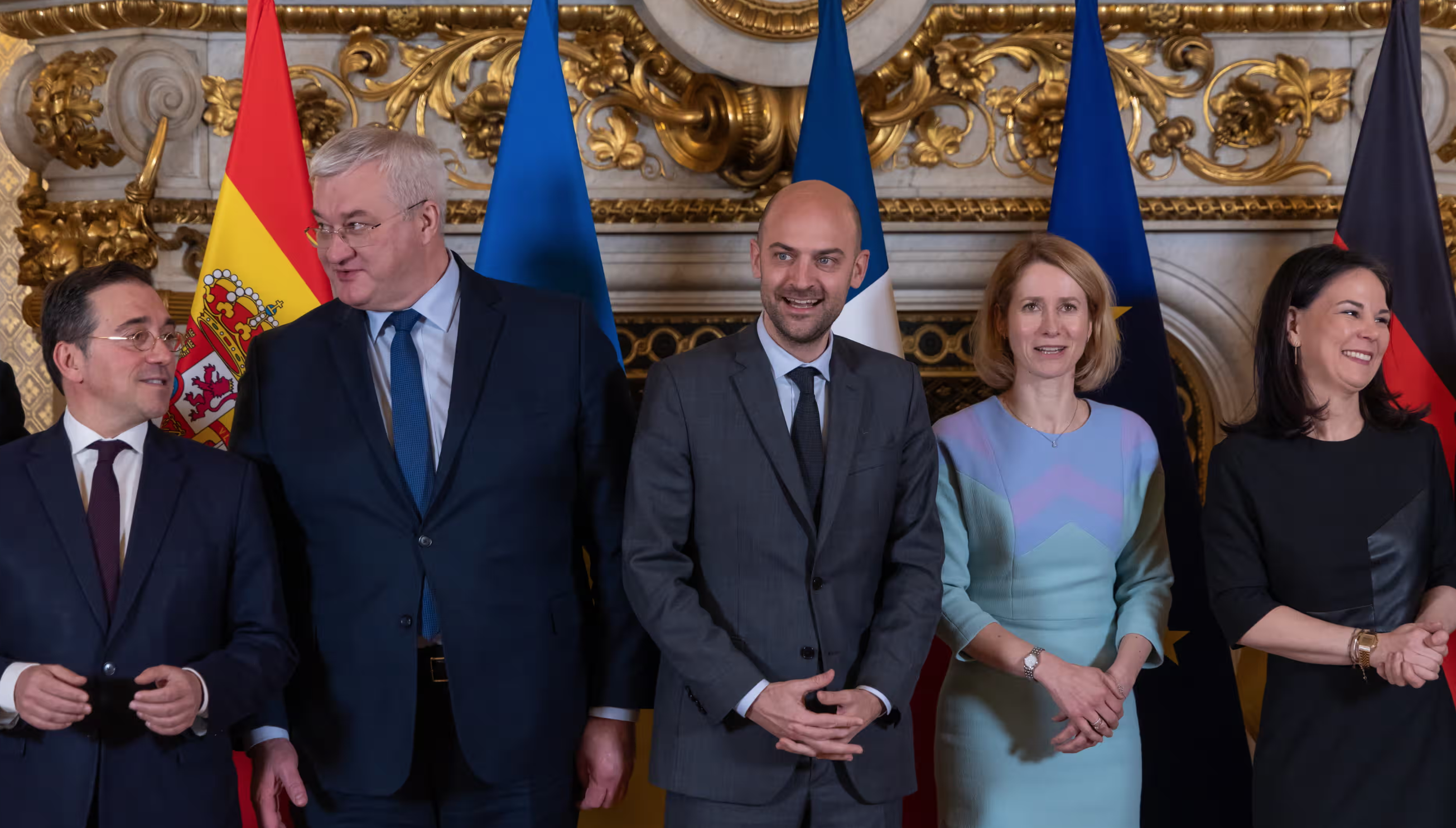
In the wake of a pivotal phone call between U.S. President Donald Trump and Russian President Vladimir Putin, European leaders have emphasized the necessity for a more active role in negotiations to establish lasting peace in Ukraine. The conversation has reignited debates on the importance of European involvement in mediating the ongoing conflict, which has seen significant human and economic tolls since its onset in 2014.
The discussion between Trump and Putin, which occurred on August 11, 2024, covered multiple points regarding the war in Ukraine, including potential pathways to a ceasefire and humanitarian aid initiatives. European leaders, including French President Emmanuel Macron and German Chancellor Olaf Scholz, expressed concern that without their participation, any resolution may lack credibility or permanence.
The conflict has escalated dramatically since Russia’s invasion of Ukraine, with millions displaced and thousands of casualties reported. The European Union has been a major stakeholder, supplying military aid to Ukraine and imposing severe sanctions on Russia. However, the leaders argue that a successful resolution requires a diplomatic approach that includes not only the U.S. but also key European nations.
Macron stated, “We cannot afford to leave the future of Ukraine solely in the hands of two leaders. European nations must engage actively in the dialogue to ensure a comprehensive and sustainable peace.” Scholz echoed this sentiment, asserting that the EU’s historical ties and economic interests in the region necessitate a seat at the negotiating table.
Moreover, analysts have pointed out that Trump’s past rhetoric on Russia and Ukraine could complicate the peace process. Critics of the former president fear that his approach might favor a lenient stance towards Russia, thereby undermining Ukraine’s sovereignty and the principles established in previous agreements.
In response to these concerns, some European diplomats have begun to coordinate a strategy that would involve joint discussions with both Ukraine and Russia. The goal is to lay the groundwork for a peace summit that would include representatives from the EU, the U.S., and other G7 nations.
As discussions surrounding the future of Ukraine intensify, the need for European involvement becomes increasingly clear.
The recent Trump-Putin conversation has underscored the urgency of collaborative diplomatic efforts to ensure a lasting resolution to the conflict. European leaders are now advocating for a robust role in negotiations, highlighting that peace in Ukraine cannot be achieved without their direct participation. The path to stability in the region remains





















